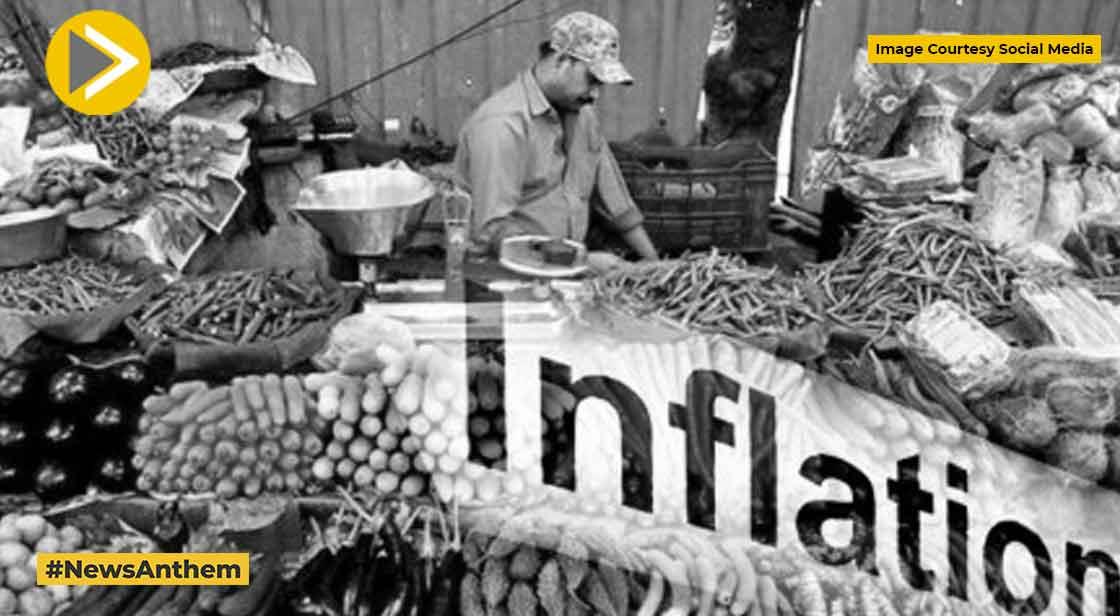India's Retail Inflation Decreases For The First Time In Four Months

News Synopsis
For the first time in four months, India's retail inflation fell below the 7% threshold, reducing pressure on the Reserve Bank of India to undertake severe monetary tightening. According to data provided by the ministry of statistics and programme implementation (MoSPI) recently, inflation based on the Consumer Price Index (CPI) decreased to a five-month low of 6.71% in July from 7.01% the previous month due to better vegetable supply and declining edible oil costs. However, for the eighth consecutive month, retail inflation has exceeded the RBI's upper tolerance band of 6%.
The low base from last year means that inflation is anticipated to gradually increase over the coming months, according to economists, even if falling energy and commodity prices would assist to reduce inflationary pressures. But over the coming several months, more rate increases are anticipated by the Reserve Bank of India's monetary policy committee (MPC). For FY23, the RBI predicted inflation to be 6.7%. According to Aditi Nayar, chief economist at ICRA, "fears of a global recession and new geopolitical worries have contributed to a correction in commodity prices from the peak seen in mid-June, which speaks well for lowering domestic input cost pressures and the core-CPI inflation in the coming months." Contrarily, there are hazards associated with the strong domestic demand for services given its substantial contribution to the CPI.
Nayar warned that the base effect could cause the following two CPI inflation prints to be slightly higher than the 6.7% print from July. Nevertheless, "we estimate that the average inflation for the ongoing quarter would modestly lag the MPC's projection of 7.1%," Nayar said. This month, the RBI's monetary policy panel increased the repo rate for the third time in a row, bringing it to the pre-pandemic level of 5.4%. The decrease in food inflation to 6.71% in July from 7.56% in June was the main factor in the CPI's stabilisation. Additionally, the cost of fuel increased, from 10.91% to 11.76%.
Due to concerns about the recession and waning demand, Brent crude oil prices slipped to $99 a barrel on Friday and have fallen 20% in the past two months. According to Knight Frank India's director of research, Vivek Rathi, the rise in gasoline inflation despite government efforts to lower fuel prices is a worrying development.
"Crude and commodity prices have recently corrected internationally; this should further reduce inflation in India in the months to come. However, the reduction in agricultural yields caused by this year's unpredictable monsoon and the depreciation of the rupee, which raises import costs, represent a short-term risk to inflation in India, Rathi continued. From 6.2% in FY21 to 5.5% in FY22, annual inflation decreased.
You May Like









